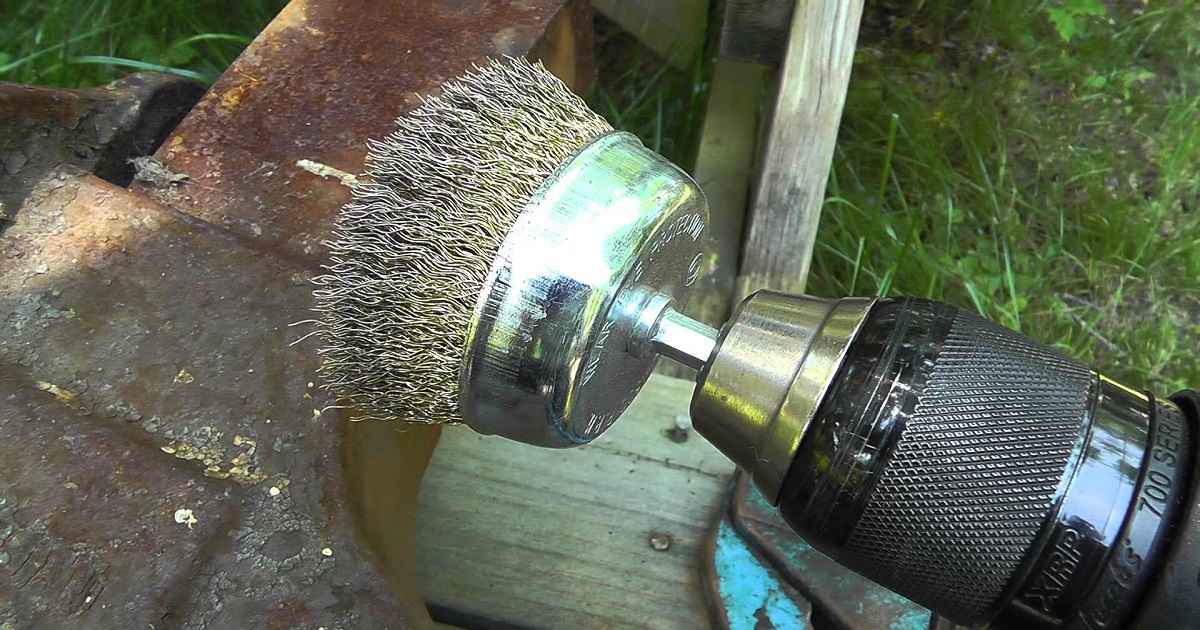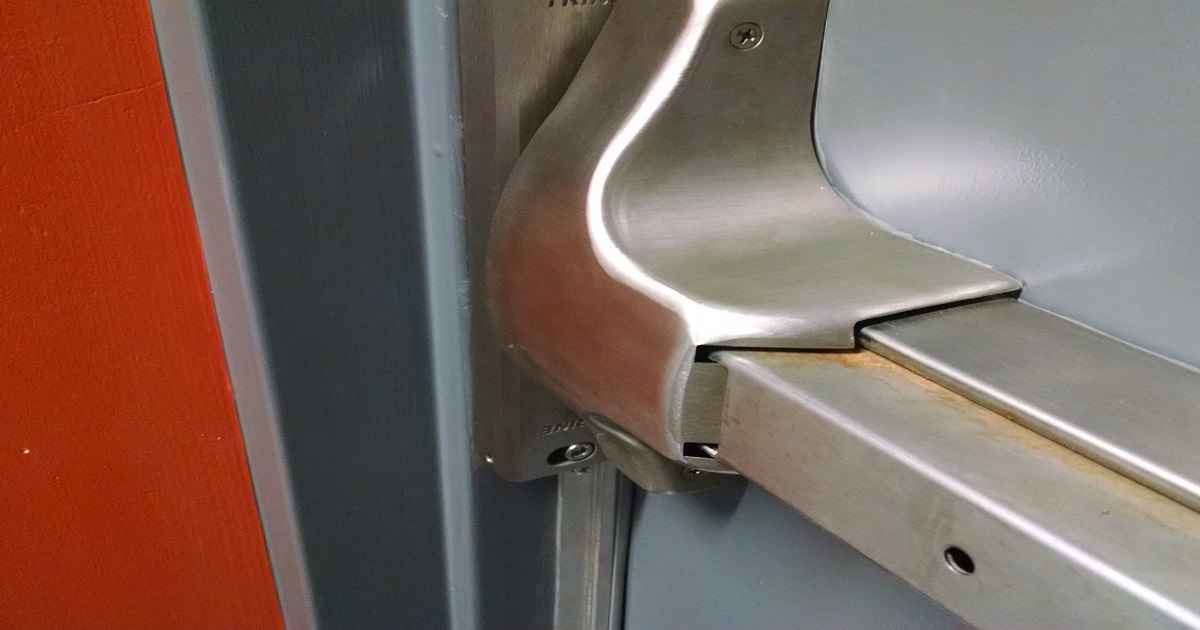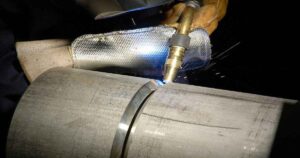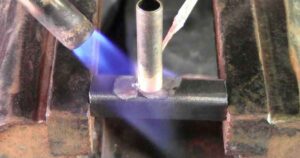Why Doesn’t Stainless Steel Rust? A Detailed Exploration
Stainless steel is a material admired for its brightness, strength, and, most notably, its resistance to rust. This characteristic makes it a preferred choice for kitchen appliances, jewelry, construction materials, and much more. But what gives stainless steel this valuable trait? In this article, we will delve into the reasons why stainless steel doesn’t rust, highlighting the science and technology behind this durable material.
Understanding the Basics of Rust
Rust is a form of corrosion that occurs when iron combines with oxygen in the presence of water or moisture in the air. This reaction forms iron oxide, which is brittle and flaky, leading to the deterioration of metal. Most metals are susceptible to corrosion, but stainless steel exhibits a unique resistance.
The Composition of Stainless Steel
Stainless steel is not a single material but a family of over 150 alloys, all with different properties and uses. Despite the variety, all stainless steels have one thing in common: a minimum of 10.5% chromium content by mass. This chromium is the key to stainless steel’s rust-resistant properties.
Chromium: The Secret Ingredient
When stainless steel is exposed to oxygen, whether in air or water, the chromium within the alloy reacts to form a thin, stable film of chromium oxide on the surface. This layer is invisible to the naked eye, but it’s incredibly effective at protecting the underlying metal from further oxidation. If the surface is scratched or damaged, the chromium reacts with oxygen to repair and reform the barrier, thus providing continuous protection.
Additional Elements in Stainless Steel
While chromium is essential, other elements like nickel, molybdenum, titanium, and manganese are often added to enhance specific properties. For example, nickel improves corrosion resistance in certain acidic environments, while molybdenum increases strength at high temperatures. These additions make different grades of stainless steel ideal for a wide range of applications.
Types of Stainless Steel and Their Corrosion Resistance
Stainless steel is classified into several types, including austenitic, ferritic, martensitic, and duplex, based on its crystalline structure. Austenitic stainless steel, containing high levels of chromium and nickel, is the most common type and offers the best corrosion resistance. This is why it’s often used in kitchenware, medical equipment, and outdoor architecture.
Limitations of Stainless Steel’s Rust Resistance
Although stainless steel is highly resistant to rust, it’s not completely impervious. Under certain conditions, such as exposure to salt water or chemicals, even stainless steel can corrode. This is particularly true for specific grades of stainless steel or if the protective chromium oxide layer is continuously damaged or not allowed to repair itself.
Maintaining Stainless Steel’s Luster
To ensure stainless steel remains rust-resistant, proper maintenance is key. Regular cleaning to remove dirt and grime, avoiding the use of harsh chemicals, and minimizing scratches and abrasions can help maintain the integrity of the chromium oxide layer.
Environmental Benefits of Stainless Steel
Beyond its resistance to rust, stainless steel is also valued for its environmental benefits. It’s 100% recyclable, and its durability means that products made from stainless steel have long lifespans, reducing the need for frequent replacement and, therefore, the consumption of resources.
FAQs
- Can stainless steel rust in seawater?
- Yes, in harsh environments like seawater, stainless steel can corrode, especially if it’s a grade not designed for such conditions. Choosing the correct type of stainless steel is crucial for applications exposed to corrosive environments.
- How can I remove minor rust spots from stainless steel?
- Minor rust spots can often be removed with a paste of baking soda and water, followed by a thorough rinse and dry. For tougher spots, specialized stainless steel cleaners are available.
- Is all stainless steel equally rust-resistant?
- No, the rust resistance of stainless steel varies depending on its grade and the environmental conditions to which it is exposed. Higher chromium and nickel content generally means better corrosion resistance.
Stainless steel’s ability to resist rust is just one of the many properties that make it a versatile and valuable material. From the construction of skyscrapers to the crafting of delicate jewelry, stainless steel continues to play a crucial role in advancing technology and improving our quality of life, all while offering an aesthetically pleasing and durable solution for a wide range of applications.
Conclusion
The question of why doesn’t stainless steel rust is answered by understanding the material’s unique composition, particularly its chromium content, which forms a protective layer preventing corrosion. While not invulnerable, stainless steel’s resistance to rust makes it an invaluable material in countless applications. By choosing stainless steel, consumers and industries alike benefit from its durability, maintenance ease, and sustainability.













